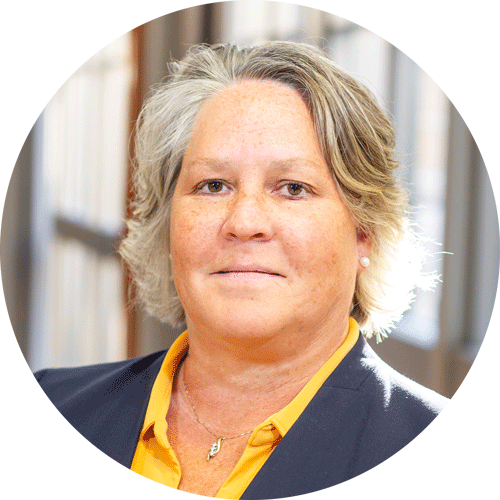Teamwork and Budgets: Let’s Make the Magic Happen!
As we embark on a new calendar year, I want to take a moment to address an essential topic that impacts all of us: the upcoming budget cycle. This process is a cornerstone of our operational planning and directly influences our ability to achieve the College's mission and goals.
The diagram below represents the University’s annual planning cycle. A great deal of planning and prioritization has already happened this fiscal year between senior leadership and our partners in central offices including the Provost Office and the Office of Budget and Planning. As Martijn recently shared, the provost has committed $2M toward our Ph.D. in Management program, faculty recruitment and research. These resources will be in addition to the annual allocation increases anticipated for endowment earnings and faculty and staff salary merit pools.

Transparency and Collaboration
The budget cycle is more than just numbers on a page; it is an opportunity to align our resources with our strategic priorities. Your input is invaluable in shaping a budget that meets the needs of our students, faculty and staff.
Here is an overview of the key phases in the budget cycle:
- Initial Planning and Communication (February): We will receive the annual allocation from the Office of the Provost and additional guidance from the Office of Budget and Planning and Human Resources. This information (available resources for merit, expected endowment earnings adjustment, etc.) will inform our starting point for the annual budget.
- Drafting the Budget (March - April): Using the feedback received, we will work with department heads and budget managers to create a preliminary draft. Our primary focus during this phase will be to allocate resources for faculty and staff merit.
- Review and Adjustment (May): The draft budget will be shared for review, and we will make adjustments based on further feedback and updated financial forecasts. Graduate enrollment updates are key during this phase in determining our available resources for our graduate programs.
- Final Approval (June): The final budget will be submitted for approval.
We recognize that this year’s budget cycle presents both challenges and opportunities. Rising costs and shifts in enrollment patterns require us to think critically and creatively about resource allocation. At the same time, these challenges present an opportunity to innovate and prioritize investments that enhance our academic programs, student support services and operational efficiency. By carefully evaluating priorities and making intentional decisions about where to allocate resources, we can ensure that the College's core goals are met.
Thank you for your dedication and commitment to the College. Your efforts make a profound difference in the lives of our students and the broader community we serve. Please do not hesitate to reach out to me, Tracey Plenzler or Angela Byce with any questions or suggestions regarding the budget process.
Sincerely in Notre Dame,
Tracy
Tracy Biggs
Executive Director, College Operations & Finance



